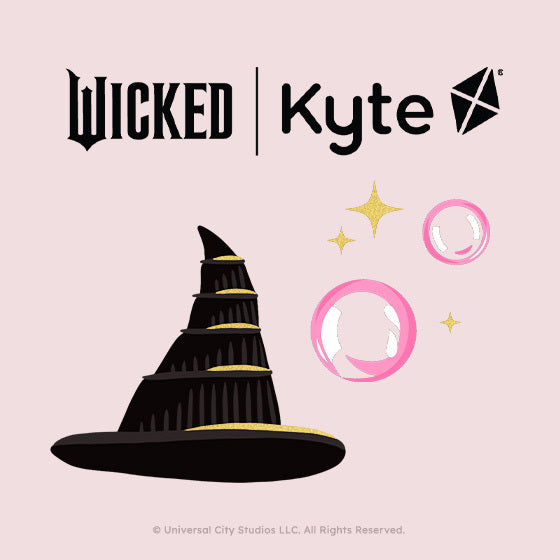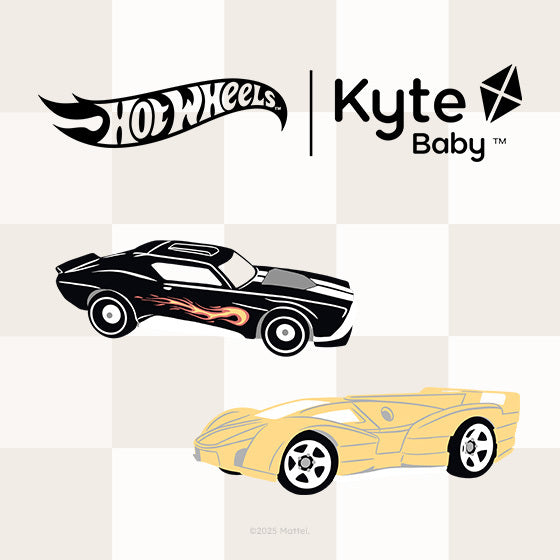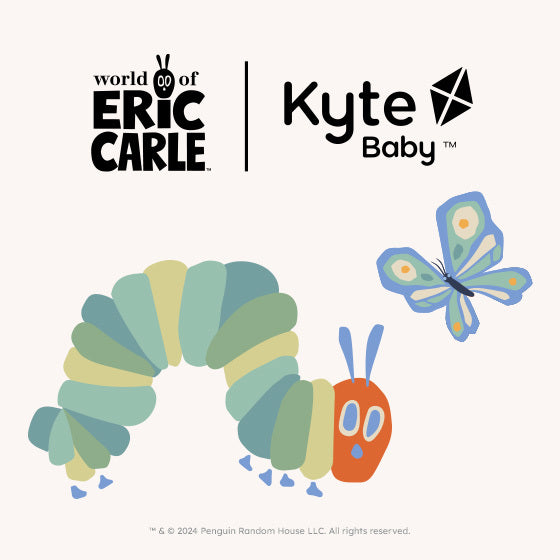Every April 22, one billion people band together across the globe to celebrate Earth Day. In fact, it is the most celebrated civic holiday around the world. You don’t need to share a religion, political party or culture with anyone in order to take part in this worldwide celebration. The only criteria is taking action to better our environment.
Earth Day History
The concept of Earth Day was born in 1969 when Senator Gaylord Nelson, a Democrat from Wisconsin, made it his mission to put environmental issues on the nation’s political agenda. Inspired by environmental activists of the time, including Rachel Carson who authored Silent Spring, a book about the negative effects of the widespread use of pesticides, Senator Nelson wanted to convince the federal government and the public that the Earth and its inhabitants were at risk of endangerment.
His vision of Earth Day was to create a time for citizens of the world to rally together and discuss solutions to the environmental pollution affecting land, lakes, rivers and air. On April 22, 1970, that vision became a reality. Thousands of people gathered together in major cities across America to listen to speeches about the negative effects on our planet caused by pollution and pesticides.
This one day raised so much awareness of mankind’s environmental impact that the majority of the country agreed the government should permanently change its priorities to include solutions to environmental issues. Thus, the Environmental Protection Agency was born.
Nearly fifty years later, Earth Day celebrations are held in several more countries and address broader topics such as the use of plastics and protecting endangered species -- this year’s focus according to earthday.org.
How can you celebrate Earth Day?
Even if you have plans this coming Monday, April 22, there is a little change you can make to your daily routine or a tiny act of service you can perform to contribute to the health and safety of our planet. After all, “the biggest lesson [we learned] from the first Earth Day [is that] when we come together, the impact can be monumental.” Every small green act or sustainable choice adds up to make a big difference. Share your act of green with us on Instagram and in Kyte KLUB with a hashtag #kytebaby4earthday
Here is a list of green ideas for you and the kids organized by level of planning.
Easy Peasy: I can do this spontaneously or in five minutes or less!
- Fly a kite. Of course, this one is first on our list! Ying says flying a kite is a simple activity that returns the family to nature. Grab a kite and your kids, head to a field and see what happens. We promise you and the kids will be running in the fields, rolling in the grass and looking up at the sky in no time.
- Write a letter. Write your elected officials saying that you support bills proposing to protect the environment and oppose those that harm it. These should be less than one page, so writing it should take less than five minutes! Find a guide on how to write your letter here and a list of current environmental issues here.
- Go on a walk. But go with intent. Breathe in your air: Is it crisp and clean or smoggy? What do you see? Birds, butterflies, flowers, trees? Or do you see litter? Observe then make a decision on how you can personally better your neighborhood. Bonus points: bring a trash bag and a glove to pick up any litter you see lying around. Small acts have great impact. You can turn this activity into a game . . .
- Neighborhood cleanup game. Give each of your kids a pair of gloves and a trash bag and set them loose at a neighborhood park. Whoever fills up their trash bag first wins!
Make a bird or bee bath. Birds and bees are pollinators, which are animals that cause plants to make fruit or seeds. Without them, plants cannot reproduce, including crops like vegetables and fruits. They are essential to our survival, so why not give them a fresh gulp of water in this ever-warming world? Set out a shallow dish. Fill it with fresh water and add pebbles or rocks for the bees to land on so they don’t get drenched in the water.
- Recycle. Gather recyclables in a bin to be collected by your recycling truck. Recyclables include plastic, glass, paper, cardboard i.e., empty paper towel rolls, crumby pizza boxes, torn up Trader Joe’s packaging, wine bottles, weekly circulars, junk mail, baby food jars and packaging, etc. Think twice before throwing it in the trash, it can probably be recycled!
- Compost. Instead of filling your trash can with food scraps, throw them in your backyard. Vegetable and fruit peelings, egg shells, tops of carrots, strawberries, radishes and just about anything else that came from the ground is all compostable. These peelings will eventually decompose into natural fertilizer you can use in your garden, potted plants and lawn and requires almost zero effort.
Moderate: With some pennies and planning, I can make a difference!
- Have a picnic. But not just any picnic. Serve organic food from a local farmer’s market. This green act is two-fold: One, it brings your family outside to enjoy the sunshine and instill a love for the environment in your little ones. Two, by patronizing local farmers, you inherently decrease the amount of exhaust and air pollution it took to get your food from farm to table and pesticides that run off into our water systems.
- Ride a bike. Strap on those helmets, attach your baby buggies and go for a ride around your neighborhood. If you have some extra time, ride to a park, grocery store or shopping area instead of driving. You’ll burn calories and you won’t put harmful fumes into the atmosphere.
- Plant a flower. If you don’t already have some lying around, obtain some seeds from a local seed library (usually at your local library) and plant them in a pot. Don’t have a pot? Use scissors or a sharp razor to cut a milk jug, soda liter bottle or almond milk carton in half to use as a planter. Fill it with soil, crushed egg shells for a natural fertilizer and seeds. Water it and place in a sunny spot. We suggest planting daisies, marigolds or crocuses because pollinators love feeding on those.
- Purchase or sew reusable grocery bags. Did you know the average American family takes home nearly 1,500 plastic bags every year? And only 1% of those are recycled (that’s 15 bags!). The thousand others end up in landfills or the environment, espeically our oceans choking marine habitats and animals. Ditch the plastic and use reusable bags. You can purchase them for cheap or make your own for free.
- Build a bird feeder. You can buy a bird feeder from your local hardware store or make one. Slather some peanut butter on a pinecone, roll it in birdseed and hang it in a tree.
Life-changing: Requires commitment and consistency but is so worth it!
- Carpool or bike. Coordinate with other parents to schedule a carpool for school pickup and drop off. Or partner with coworkers to carpool to work. By sharing a car, you reduce the number of cars on the road putting out toxic emissions.
- Xeriscape your lawn. Xeriscaping is the process of landscaping or gardening that reduces or eliminates the need for supplemental water from irrigation. Water is a precious resource and you can help preserve it by trading your green grass for a dynamic yard filled with wildflowers, native grasses and shrubs.
- Become a beekeeper. Honey Bees are declining in population and with that, so are the crops that feed us. Join your local apiarist group to learn how to host hives on your property and prevent honeybees from completely disappearing.
- Go organic. When you buy organic groceries, you reduce the amount of toxic pesticides and fertilizers that poison plants and animals and even us since they run off into our water system. Plus, you support farmers that use sustainable agriculture methods. After all, nothing in nature exists alone. We don’t yet know the permanent effects killing off pests can cause. But we can employ toxic-free practices to deter pests instead of sending them to their grave.
- Refuse and Remove. We’ve all heard of Reduce, Reuse, Recycle but do you know about Refuse and Remove? You can pledge to refuse to use plastic in your household. You can refuse to drive your car on one or several days of the week. Refuse to use chemical fertilizers and pesticides in your yard. Refuse to not vote for environmental issues important to you; in other words, take a stand and head to your polling location when you have an opportunity to vote on environmental bills. Remove brands from your home that do not use sustainable or recyclable materials.
Get outdoors, go green and instill a respect for our beautiful Earth in your family by trying out one or all of these suggestions. A small act of green can have a great impact in your family and on your posterity -- don’t let anyone tell you differently.





















